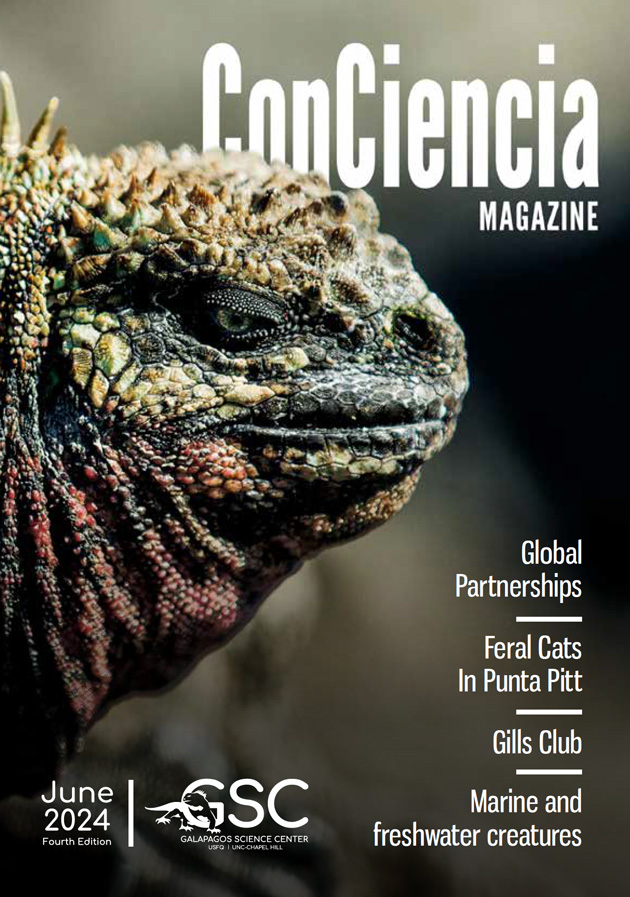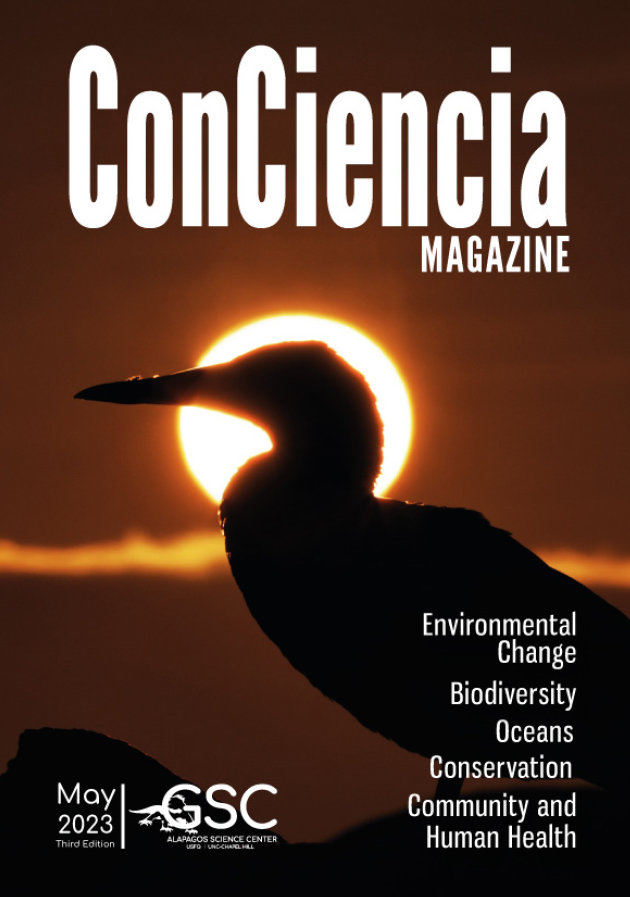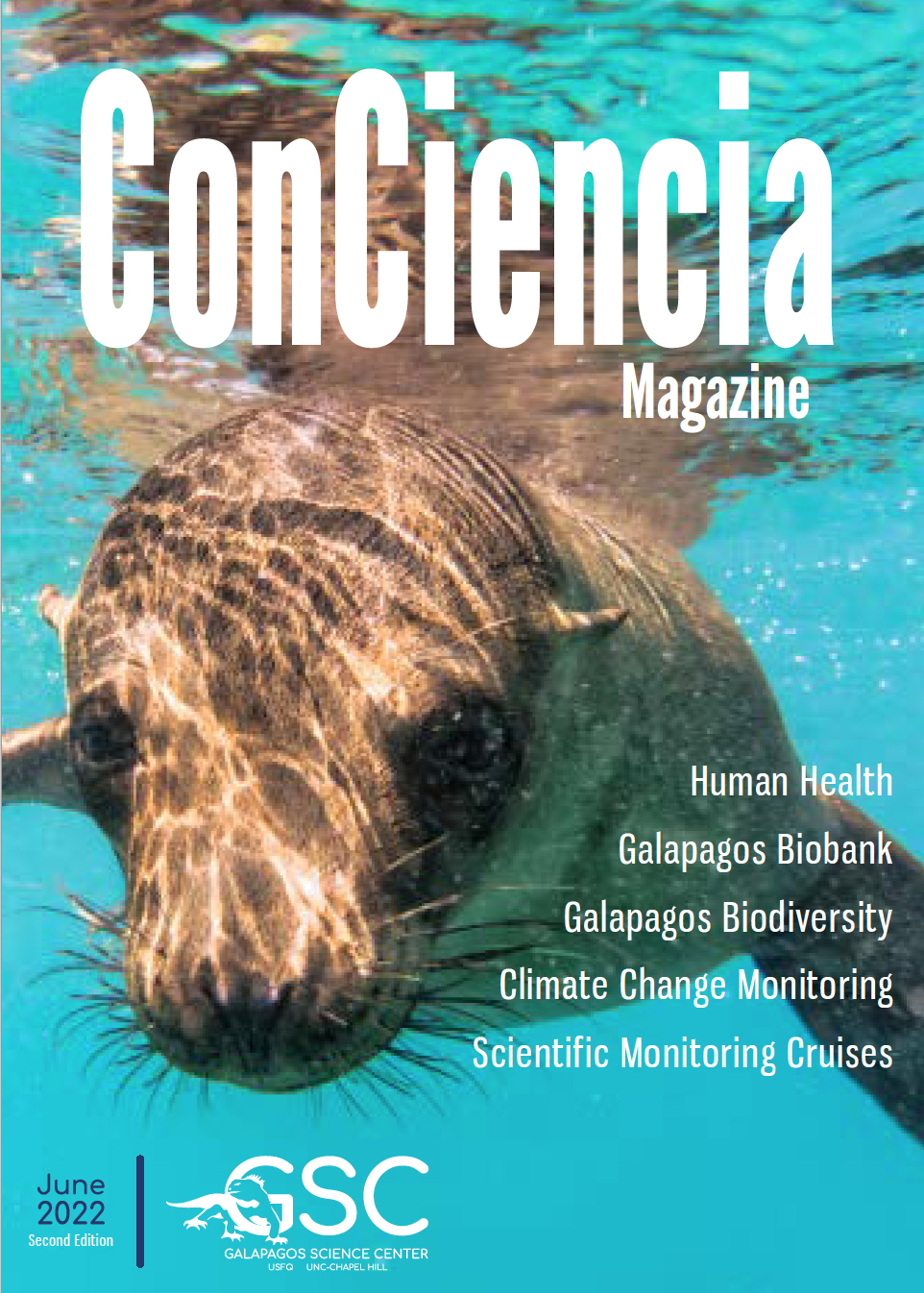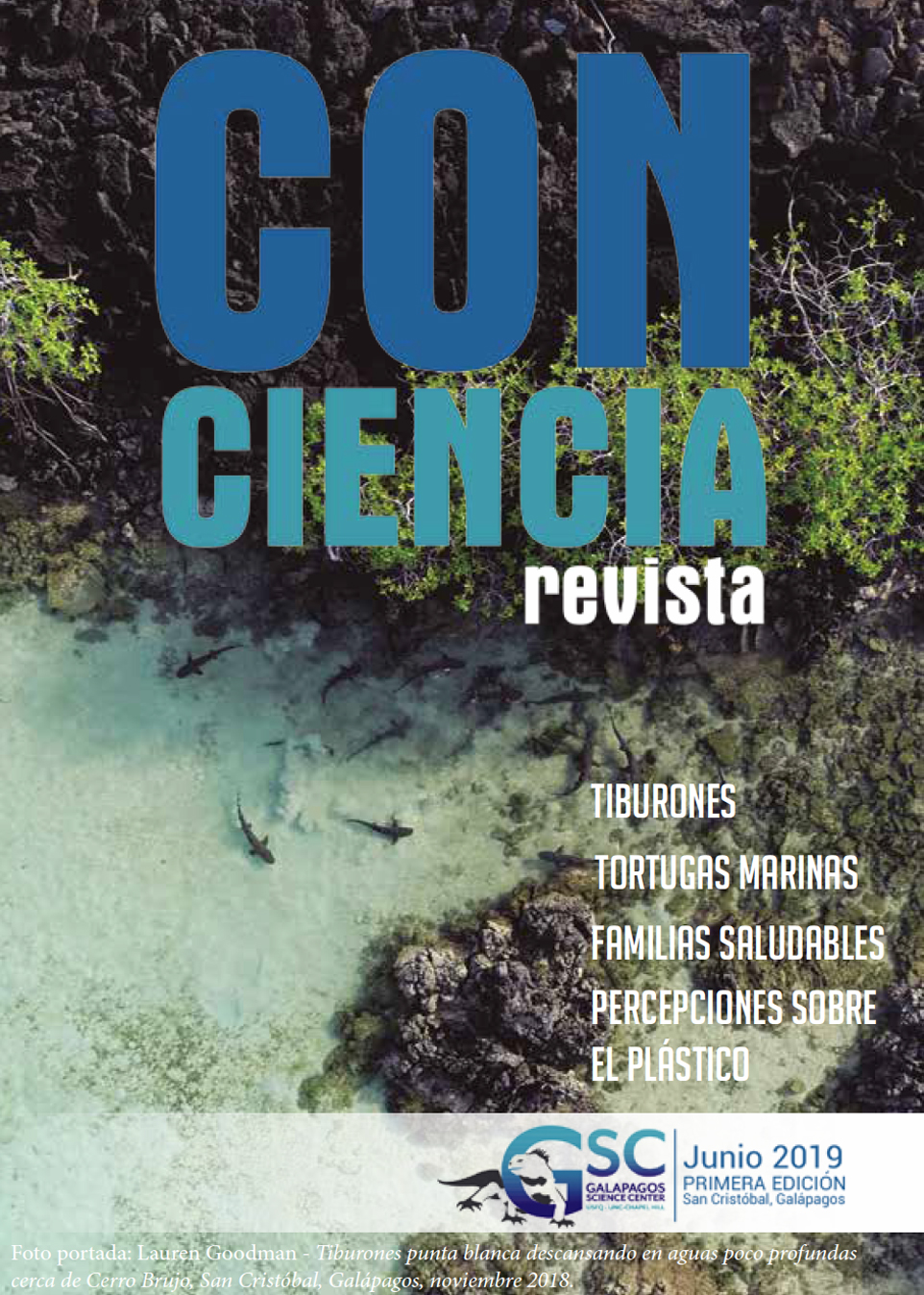NEWS & EVENTS
LATEST NEWS

Workforce dynamics in the Galápagos Islands: How agricultural empowerment can aid conservation
The Galapagos Islands are unique beyond their natural components. Human populations on the islands are the most important authority in the conservation and management of this fragile place. Only 3% of the entire archipelago has been designated for settlements and agriculture.
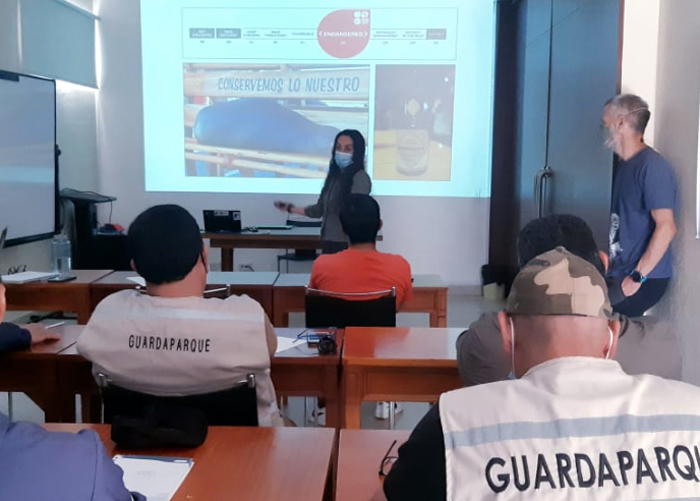
GSC and GNPD to collaborate on new wildlife on veterinary program in the Galapagos
The Galapagos Science Center and the Galapagos National Park will be collaborating to create an operative and sustainable program of wildlife veterinary and management. The GSC and the TUERI Veterinary Hospital of Universidad San Francisco de Quito (USFQ) recently collaborated on a workshop.
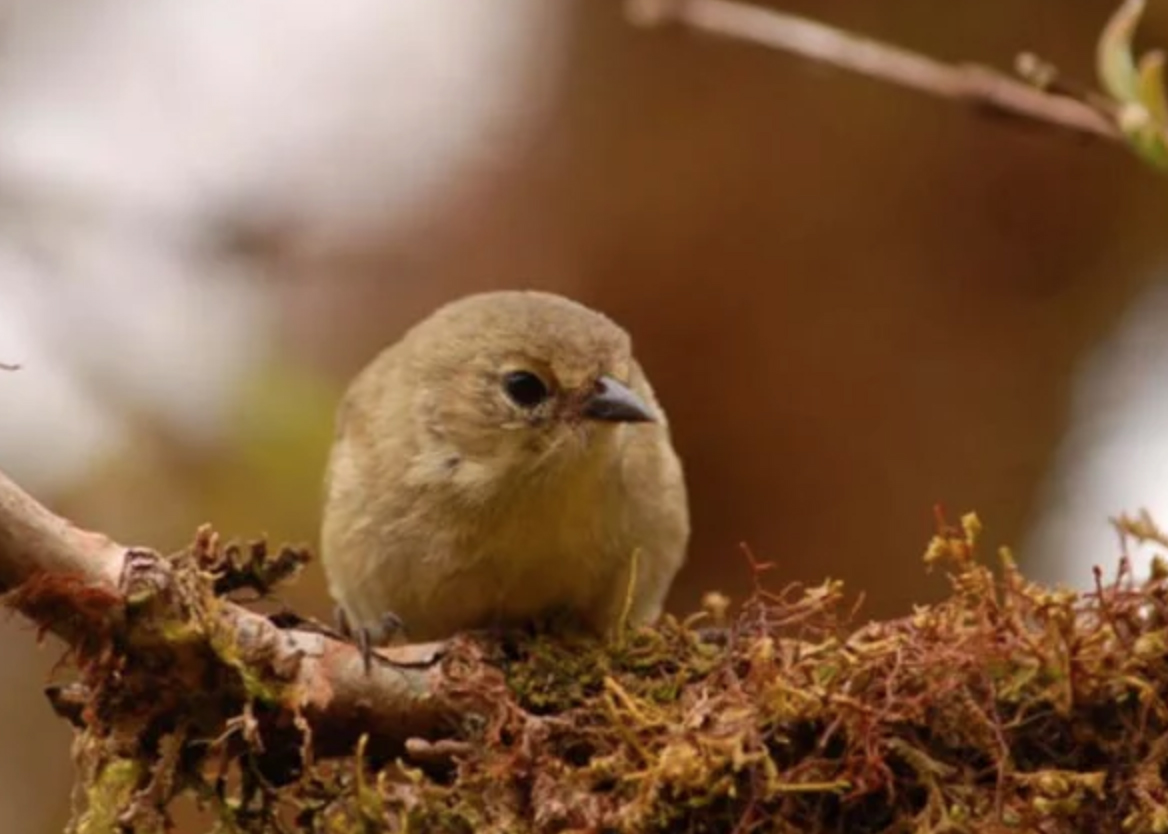
Did you know that birds change their genetic structure to adapt to different habitats due to changes in the environment?
Jaime Chaves, a researcher at the Galapagos Science Center, recently conducted a study that confirmed that the genetic makeup of finches changes when they move from one habitat to another.
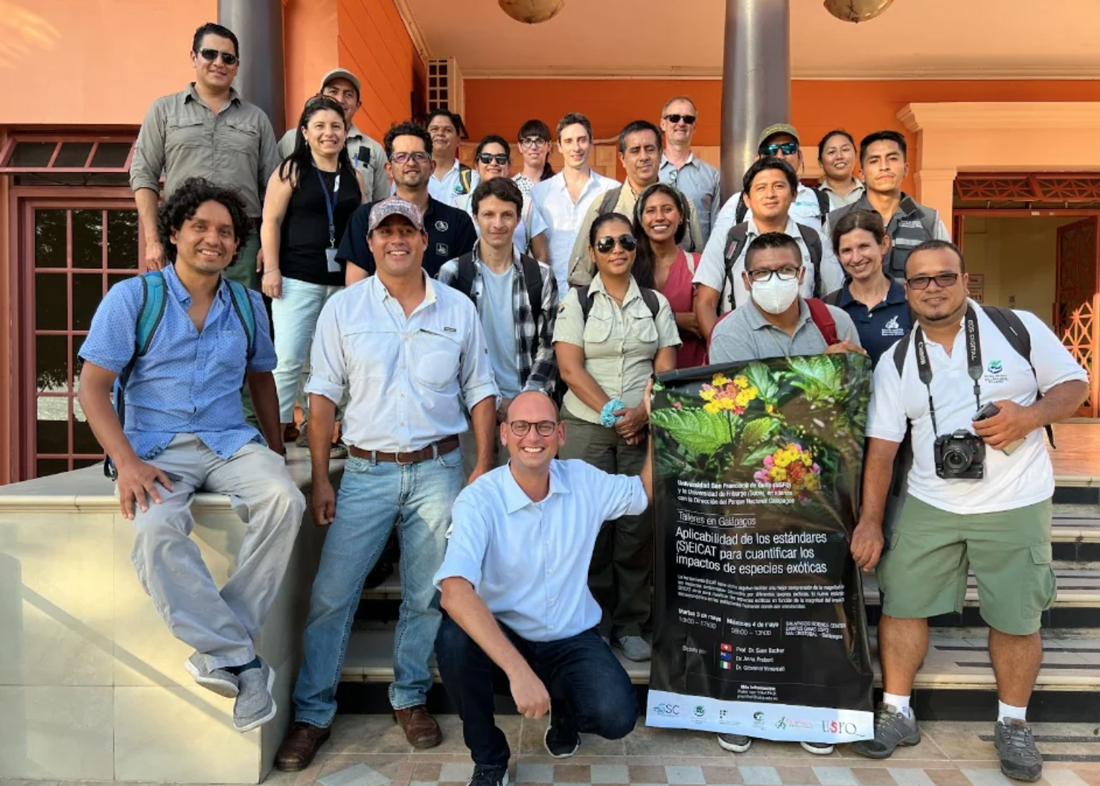
Workshops in Galapagos: New international tools for the study of exotic species in the islands
The workshop for the application of the (S)EICAT (Environmental Impact Classification for Alien Taxa / Socio-economic Impact Classification for Alien Taxa) standards was held to quantify the impacts of exotic species at USFQ Galapagos. 23 participants were invloved.
SCIENTIFIC ARTICLES
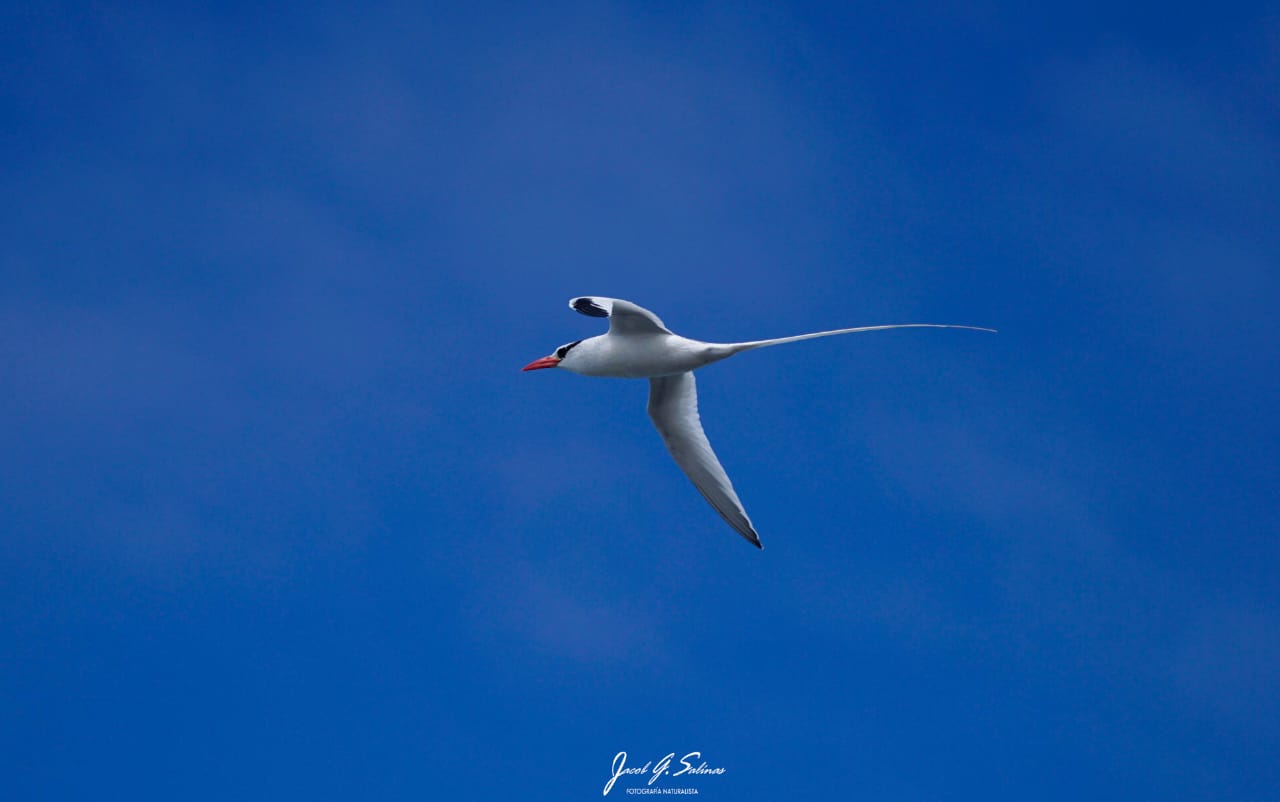
Health status of the red-billed tropicbird (Phaethon aethereus) determined by hematology, biochemistry, blood gases, and physical examination
The baseline data, and reference intervals reported in this paper are essential to detecting changes in the health of this seabird in the future.
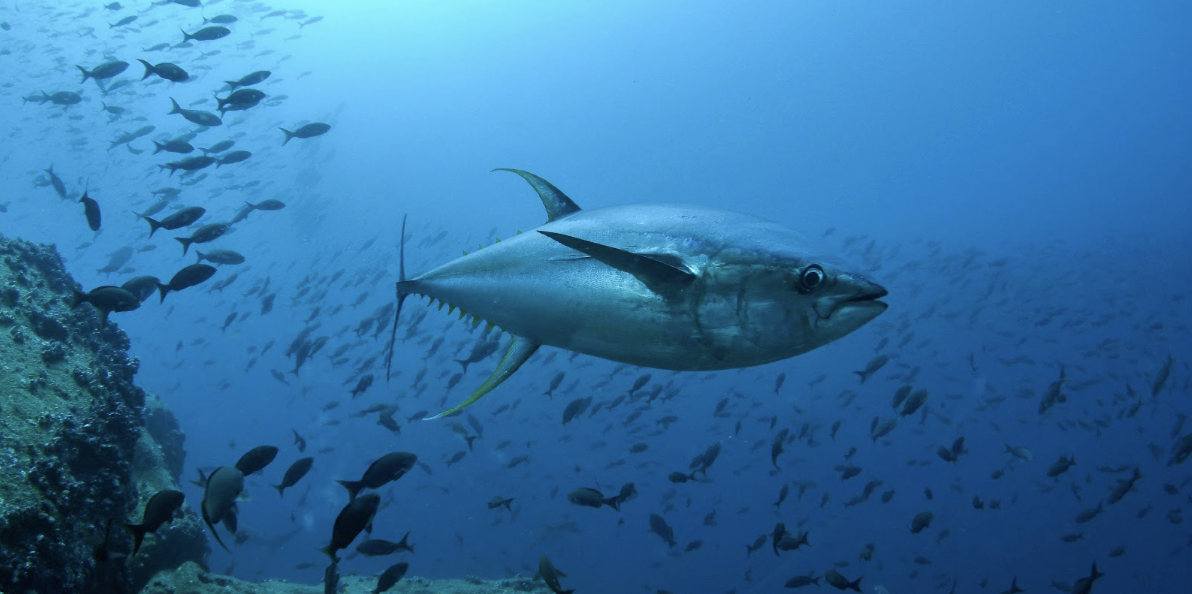
Movement and vertical habitat use of yellowfin tuna Thunnus albacares in a vertical compressed habitat: the Galápagos Marine Reserve
Tropical pelagic predators are exploited by fisheries and their movements are influenced by factors including prey availability, temperature, and dissolved oxygen levels.
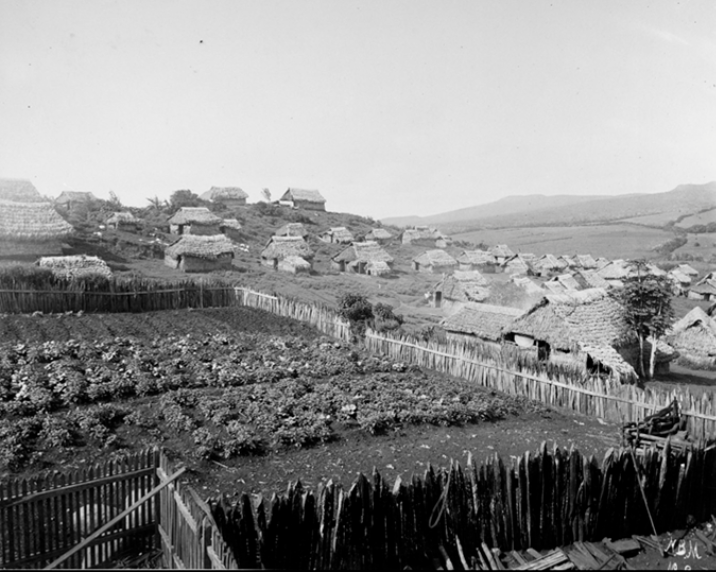
When the Archaeologists Leave
The Hacienda El Progreso functioned as an agro-industrial enterprise in the late nineteenth century. Operating out of San Cristóbal Island in the Galápagos archipelago, the plantation exported refined sugar, coffee, cattle products, and other goods to national and international markets. The plantation established the first permanent human settlement on the island.
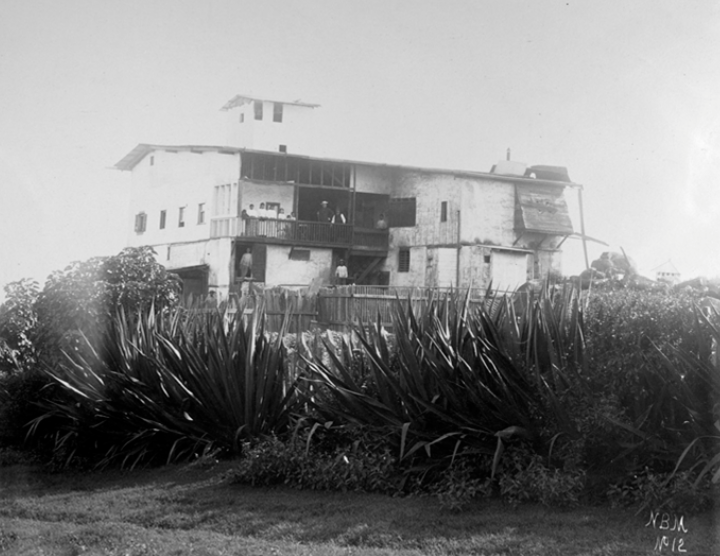
Evaluation of the Rapid Phytolith Extraction Protocol to Identify the Fuel-mix Used at the Nineteenth-century Sugar Mill of El Progreso Plantation, Galápagos
Phytoliths analysis was applied to identify the fuel compound used at the sugar mill of El Progreso plantation.
EVENTS
6TH GALAPAGOS RESEARCH AND CONSERVATION SYMPOSIUM
The 6th Galápagos Research and Conservation Symposium took place on Monday, July 15 and Tuesday, July 16, 2024 at the Charles Darwin Convention Center on San Cristóbal, Galápagos. This important multidisciplinary event was organized by the Galapagos Science Center, with the sponsorship of the University of North Carolina at Chapel Hill and the Universidad San Francisco de Quito with the endorsement of the Galapagos National Park.
5TH GALAPAGOS RESEARCH AND CONSERVATION SYMPOSIUM
Puerto Baquerizo Moreno, on San Cristóbal Island, will host the 5th Galapagos Research and Conservation Symposium. This significant multidisciplinary event will feature scientific presentations and community-focused talks, showcasing research and initiatives related to conservation, environmental change, biodiversity and oceans, health, and community initiatives.
World Summit on Island Sustainability
In 2022, the Galapagos Science Center (GSC) and the broader UNC & USFQ Galapagos Initiative celebrated its 10th Anniversary. The GSC hosted the World Summit on Island Sustainability on June 26–30, 2022 at the Galapagos Science Center and the Community Convention Center on San Cristobal Island.
Read our Epub Magazine 2024 Edition
Read our Epub Magazine 2023 Edition
Read our Epub Magazine 2022 Edition

